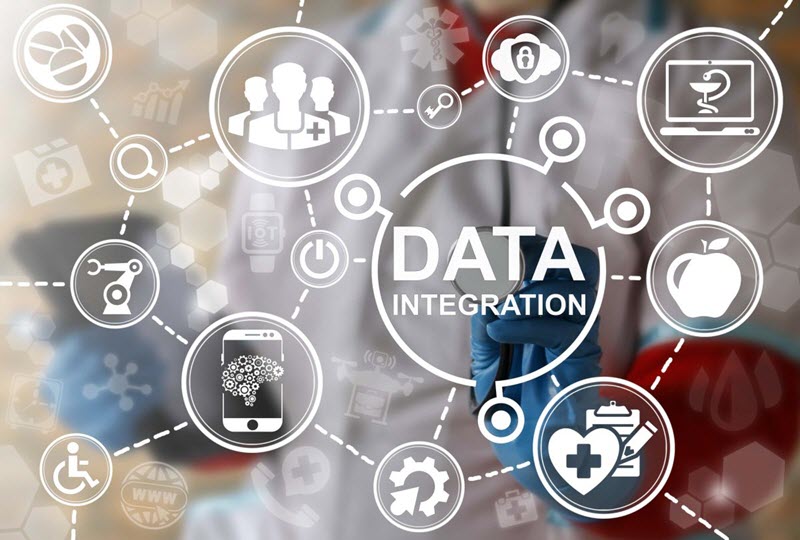Data is an indispensable part of any business process. It is simply impossible to imagine a process, which operates without certain input as a starting condition and without an output representing its results. In one or another form, these inputs and outputs are always associated with certain business data. A process is a flow (in business terms, a workflow) transforming the data.
On another hand, data is amorphous and shapeless without a process behind. Data is always a result of certain process and always have a reservation of consumption by one or another process sooner or later. Rarely somebody stores the data, especially, business data, entirely without an intent for subsequent usage.
Business process is a fundamental foundation, which shapes the data and gives it a business sense. Data with an undefined or lost business context become a silos. Synthesis of the data and its associated processes in a business model is the cornerstone for consistent storage of the data and its effective usage in successful process automation.
CaseAgile announces a new release of Enterprise Composer™ add-on for Microsoft® Visio, which supports transparent exchange of BPMN diagrams designed in Visio with leading BPMN tools. CaseAgile will demonstrate capabilities of Enterprise Composer™ on upcoming "BPMN IN ACTION" event organized by The Object Management Group (OMG) in Seattle at December 10, 2018. Enterprise Composer™ offers a seamless and efficient way for every Visio® user into the world of professional business process management (BPM) systems and process automation. By using Enterprise Composer™, Microsoft® Visio can create executable processes fully compatible with BPMN™ 2.0 standard from OMG®, which is the global de-facto etalon for modeling business processes and can be used both by businesses and IT. Every BPM practitioner working with Microsoft® Visio now can import BPM models created in most popular BPM suites directly into Visio® and can export models cre...
Comments
Post a Comment